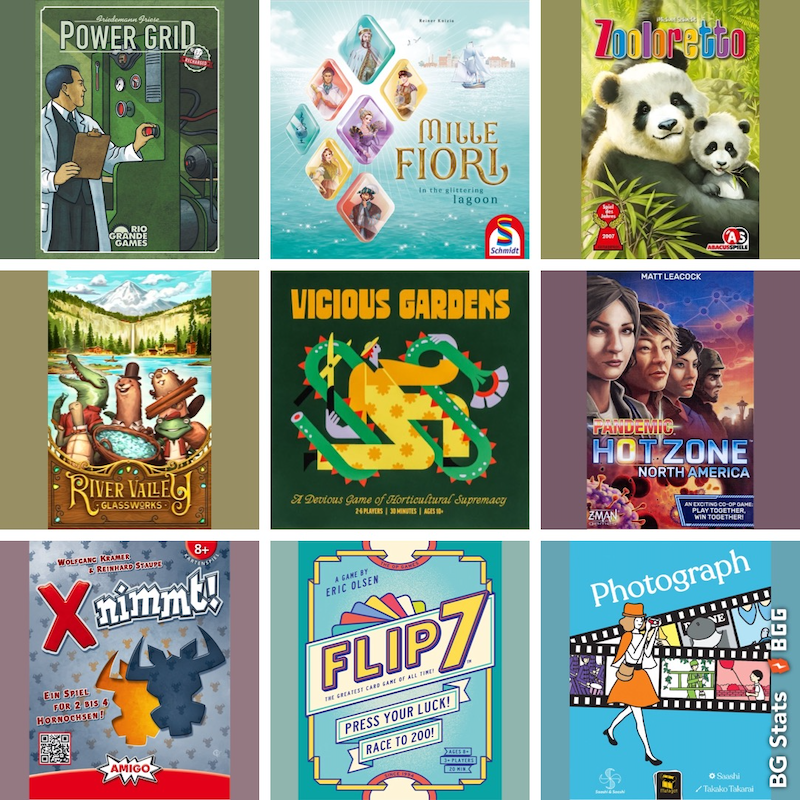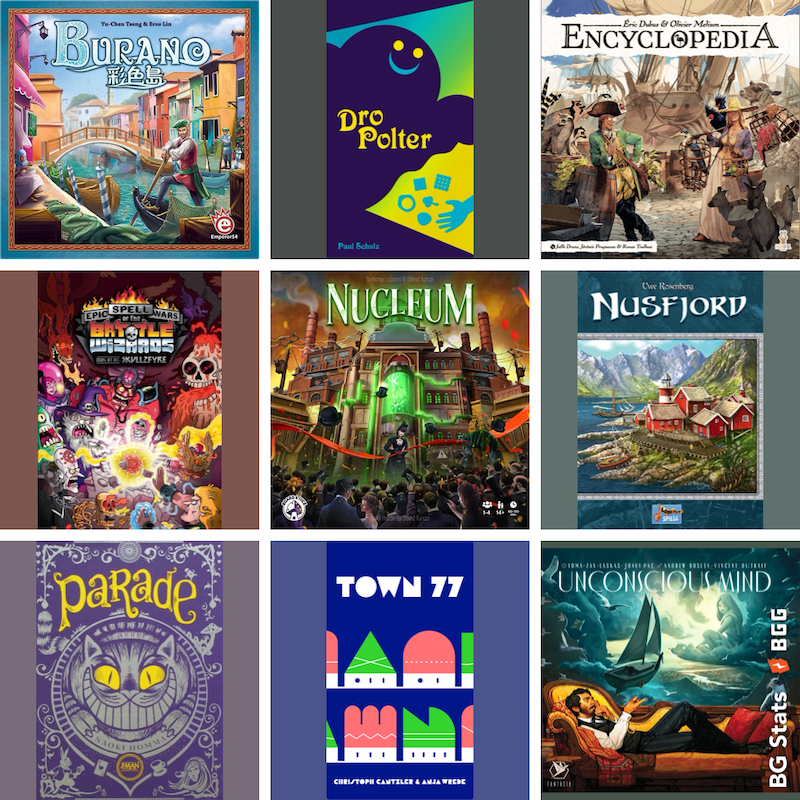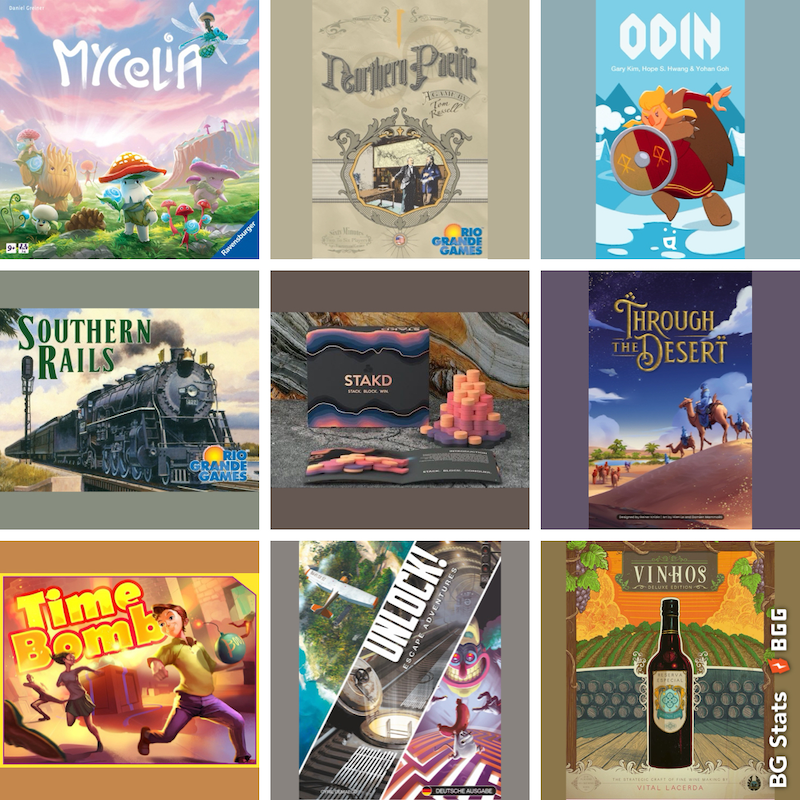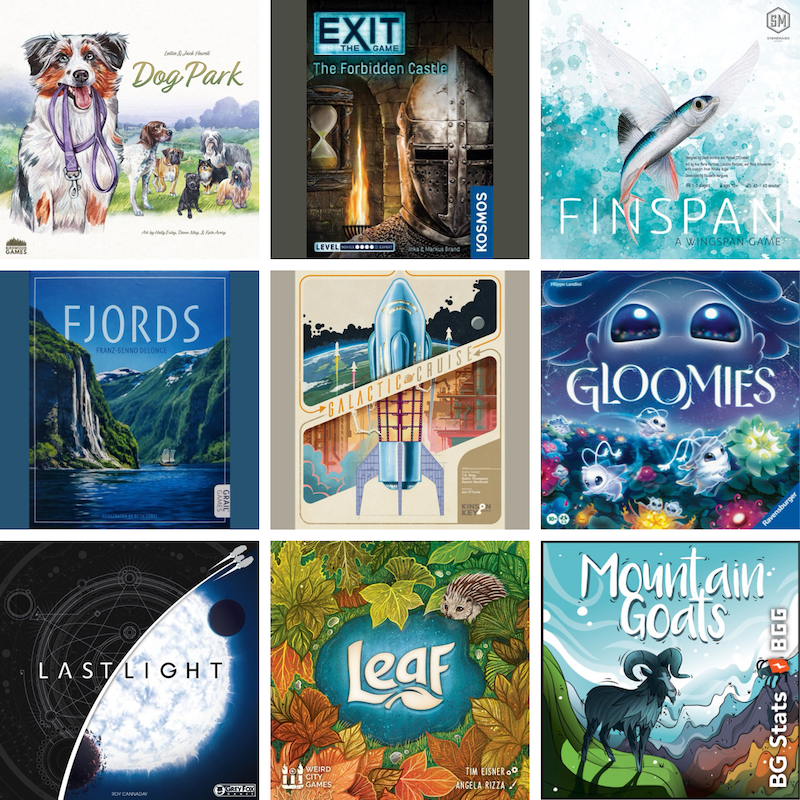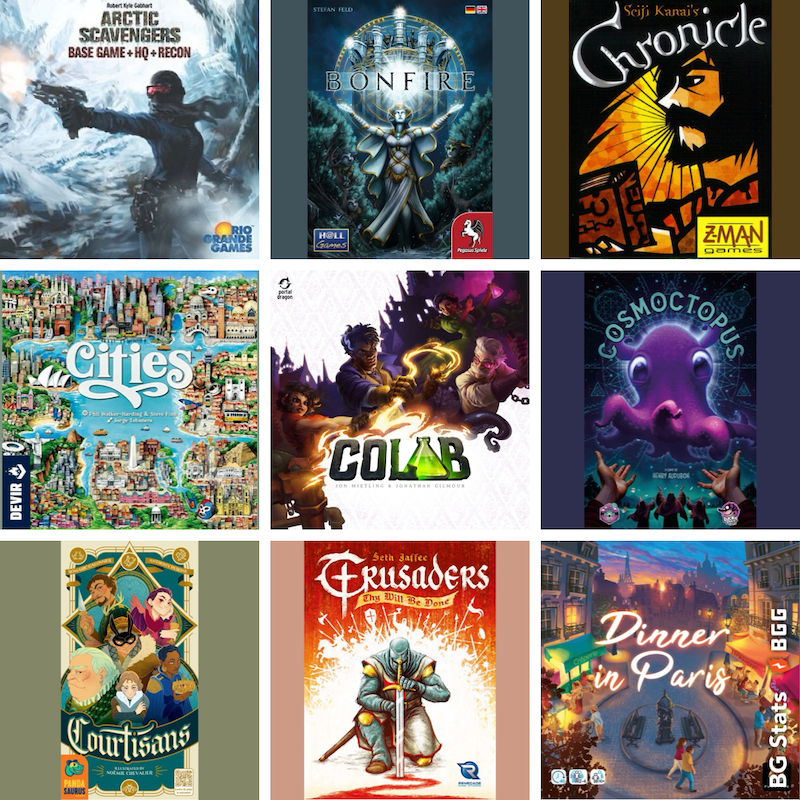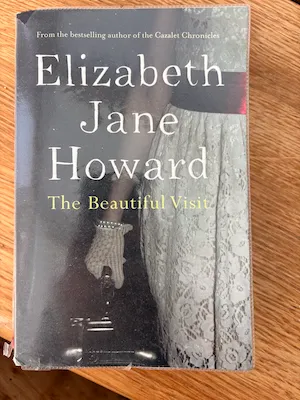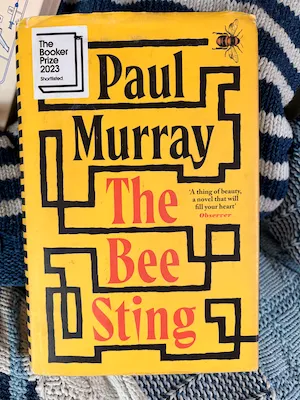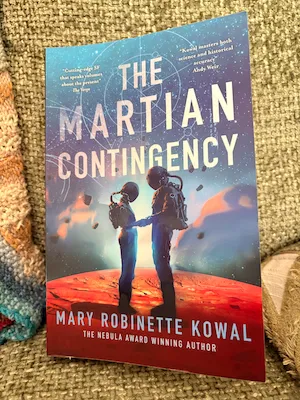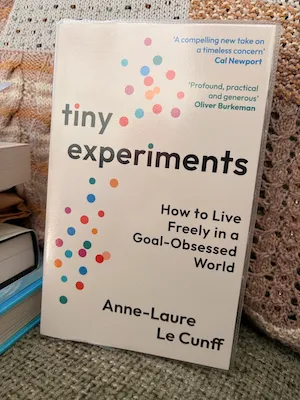One Day
by David Nicholls
Friday, April 29, 2011
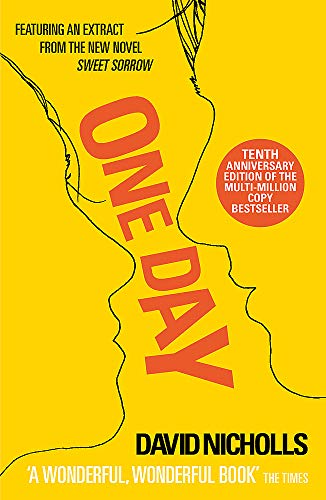
I love books that stretch over a long period of time, showing the changes in characters and their relationships over the years, as well as watching the world around them change. This book brings to mind books I read twenty years ago (David Lodge springs up the most) where characters start off coming of age in the fifties or sixties, and we watch them grow up through to the seventies or eighties. In that “where did the time go to?” way it surprises me that authors can now write about characters contemporary to me, have them go to university and then find out what happens to them over the next couple of decades. This is what happens here - Emma & Dexter meet properly as they graduate from Edinburgh in 1988 and the author looks back in on them on the same day each year.
I enjoyed the “one day” device and thought it kept the novel nicely paced - there was always plenty of detail whether anything important was happening or not. I liked the characters - well, maybe like isn’t quite right, at least one of them does a good impression of a complete tosser for a long time - but I found them real and I enjoyed their company. I liked the way they were written, the way they knew they were wrong at times but I understood why they were doing what they were doing.
I saw that people who’d read the book were disappointed in the ending. Personally I thought there were only a handful of ways for the book to end and most of them would be anti-climatic or disappointing so I was expecting one of those. I was then quite surprised when I found that the author had picked one of the endings that I felt would work for the book. I don’t want to say too much more as I don’t want to lade this write-up full of spoilers, but I thought the ending was at worst quite okay.
All in all, it was an entertaining read, not mind bending and most of the social commentary that you expect in a book taking place over twenty years is things you’ll already have thought of if you’ve lived through the same twenty years in similar contexts to the characters, but that’s probably a point in the books favour. I wonder what someone from a totally different time and place would make of it. But as a peer of the main characters I’m quite happy with it.
